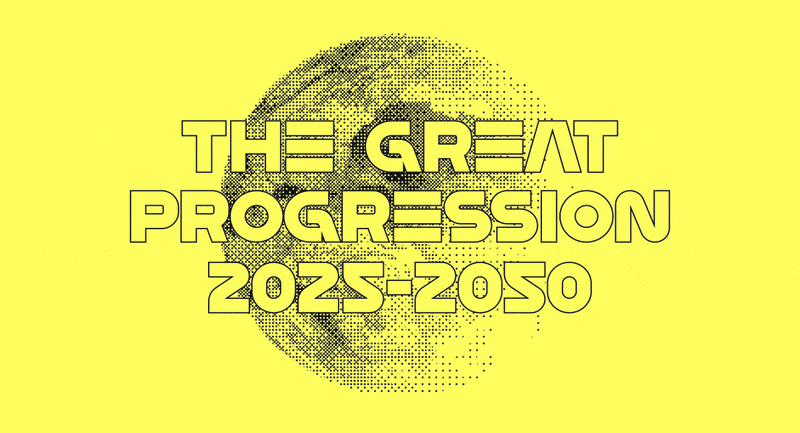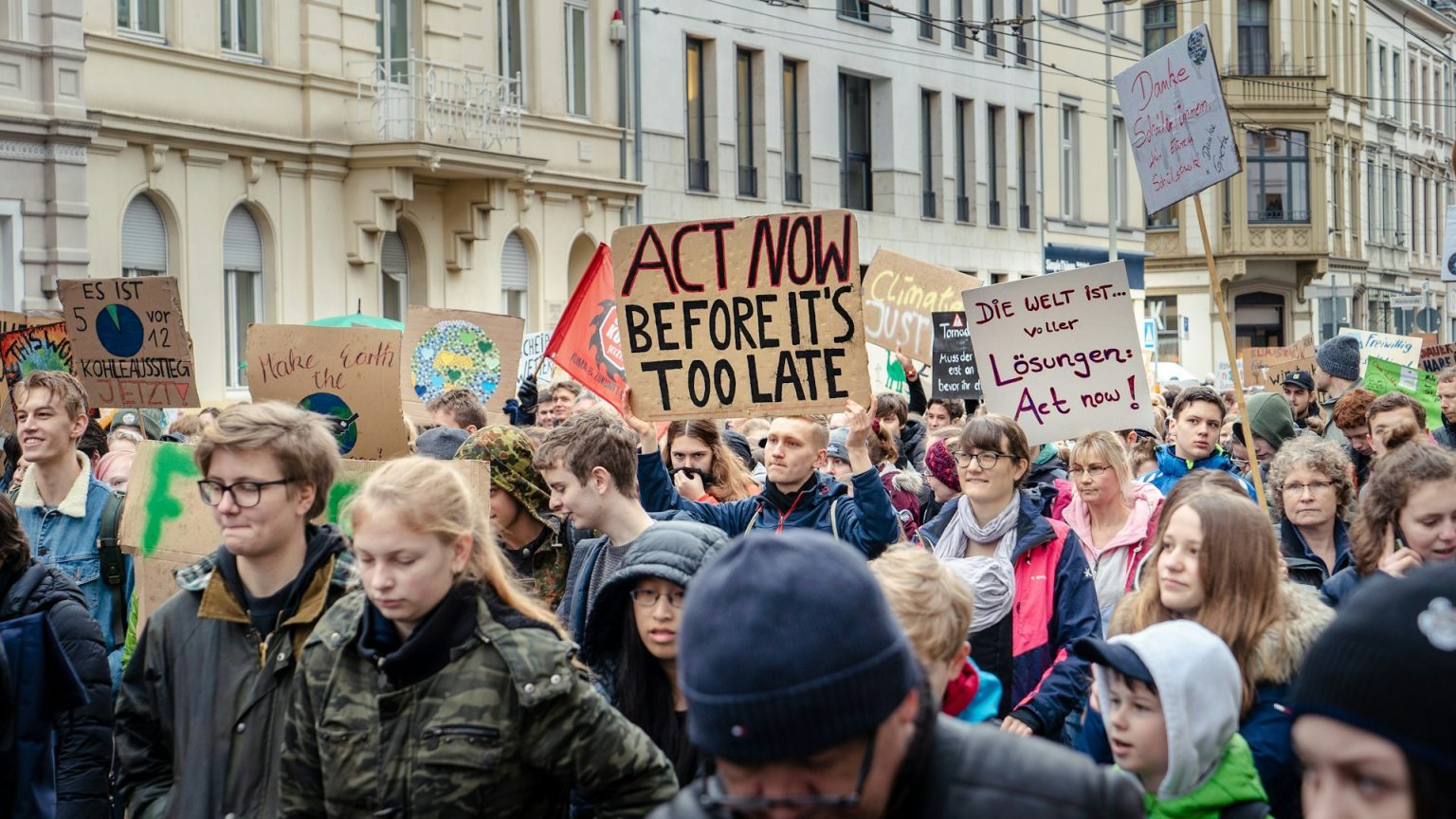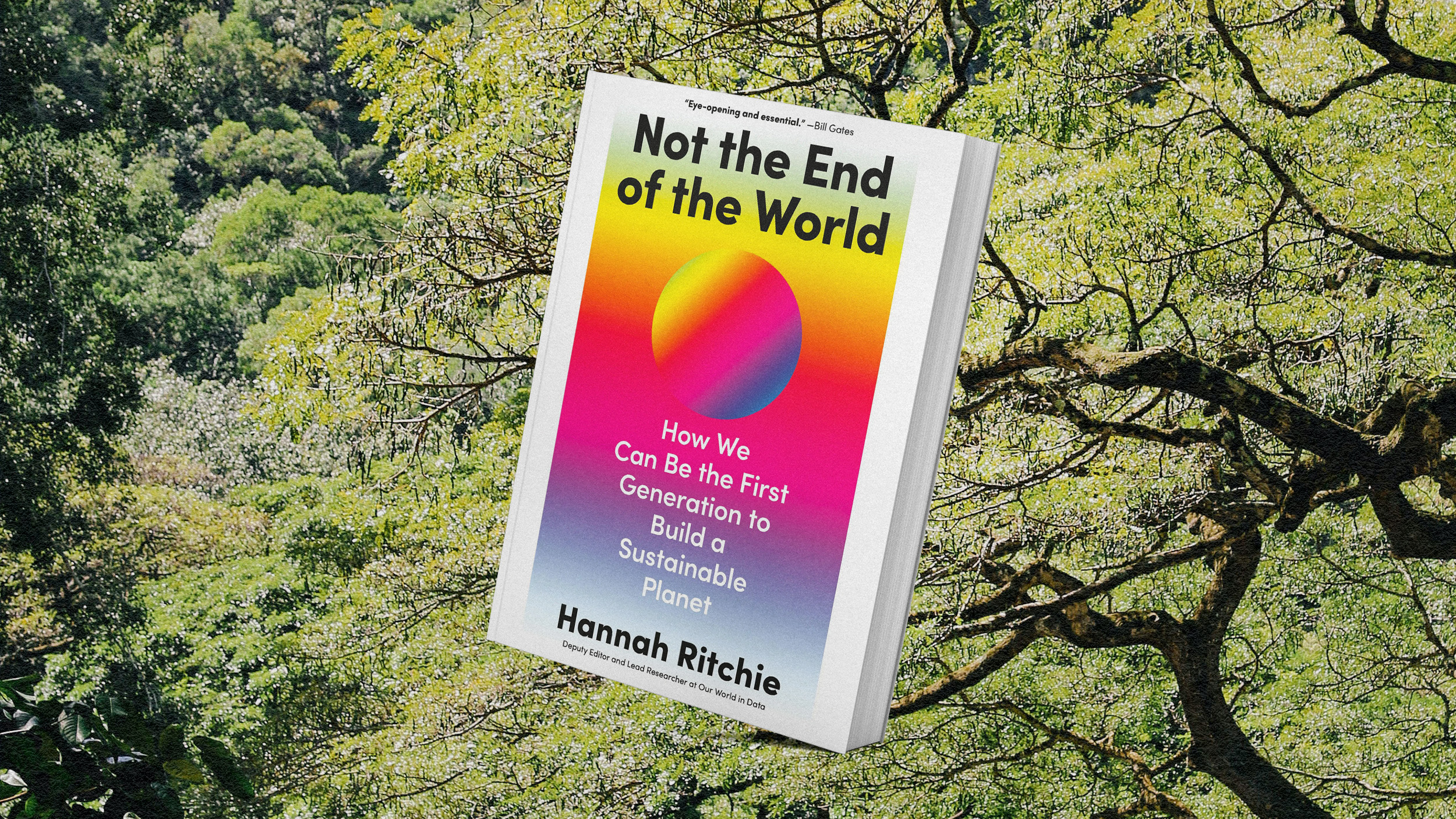Canceling Summer Vacation Isn’t the Solution to Climate Change

It’s no secret that air travel is a big contributor to carbon emissions. As of 2015, air travel alone accounted for 2.5 percent of global emissions, or about as much as Germany. The summer and holidays account for much of this travel — people going on vacations or going to visit family. But Adam Corner from The Guardian argues our hedonistic tendencies should be the last to go. He makes an interesting point about how we should cut back on overconsumption.
Corner makes reference to comedian David Mitchell’s point: Going green isn’t fun; it’s annoying. It’s not an adventure, it’s as boring as washing the dishes, and becoming a sustainable person means, for many people, altering routines and giving up things they may love most.
We’ve had decades of warning to give up the big things that contribute most to climate change.
Showers and lawn care are small things people could give up. Doing it less frequently would certainly help California’s efforts during this time of drought. It’s necessary if the people in the San Joaquin Valley don’t want their property values to sink (har har). But asking people to give up daily showers is like pulling teeth.
A more interesting (and less pungent) solution may be researching alternative energy providers and purchasing renewable energy credits (RECs) or maybe even going one step further and installing solar panels.
How renewable energy credits, purchasable through electricity utilities, create demand for renewable energy.
We’ve had decades of warning to give up the big things that contribute most to climate change, but only recently did NASA shift its focus from climate change prevention to studying its effects. Its most recent projections show massive changes to our global environments by 2100. The conversation of prevention has stopped; it’s all about how to cope.
Most of the world’s wealthiest nations think we can adapt to the coming change, but money and resources will only get us so far for so long. Once the oil dries up, we won’t be able to import solutions to solve all our problems. We have so much, but we need to learn to adjust expectations and understand we have limits. It’s time for us to grow with our planet — to adapt.
These are the easy steps — buying a solution to a problem — but there has to be another step after that.
I understand hedonism is a major barrier for change, but there are solutions to make the transition a little easier. The SunPort is one of them, allowing users to charge a laptop and a refrigerator, and still get instant access to renewable energy. Likewise, the Nebia showerhead uses 70 percent less water without the drip of the typical eco-saving showerheads.
These are the easy steps — buying a solution to a problem — but there has to be another step after that, and after that as well. We need to change our habits or they will be changed for us — or for the ones who come after us.
Read more at The Guardian.
Photo Credit: ESA / Handout/ Getty





